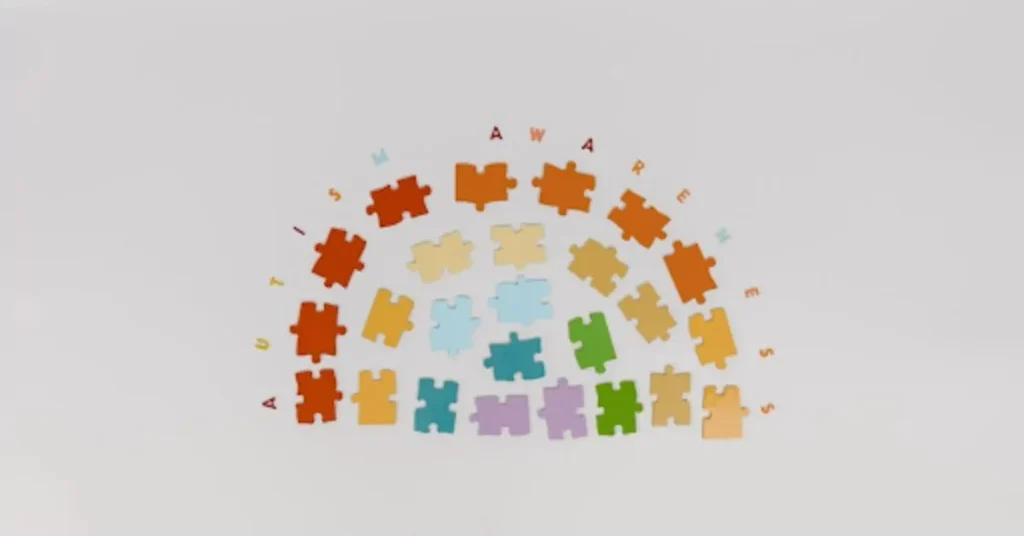In the modern world, autism can be found everywhere, with millions of people having it and living pretty regular lives. But when children have autism, things can get a lot more complicated, as they do not have much experience in life yet, do not know how to deal with many problems or obstacles, and need help to overcome them. Not only that but when faced with the ignorance and bullying of others, especially fellow children, autistic children have to live through some truly difficult and harrowing times, through no fault of their own. We cannot, of course, influence the actions of other people, but we can educate them, shed light on autism and how to behave with those who have it, and spread awareness in our schools, communities, and everywhere else. That is the theme in today’s article, why spreading awareness of autism is so important and some ways we can go about it, so let’s jump right in.
Clearing Up Stereotypes
One big goal of raising awareness about autism is to clear up misunderstandings and stereotypes, remove some of the stigma from some of the behaviors autistic children can display, or clear up some confusion. From verbal and auditory stimming to hand flapping in autism to humming, they will certainly seem strange to someone who has no idea about them, maybe even a little scary and awkward, but they do not have to be, and that is where awareness and acceptance come in. Knowing what is going on is already half the battle. A child having a sensory meltdown in public obviously is not exactly normal, but someone commenting with something like “What a terrible child? Where are his parents?”, out of ignorance, can deeply upset children dealing with autism and their families. Greater awareness will eventually lead to a deeper understanding. If the person commenting had perhaps heard or read something about autism, they would not have made those remarks. They would have known that the child was behaving like that not because of bad parenting, manners, or discipline, but because their senses were just overwhelmed.
How Schools Can Help
Schools are an incredibly important place for introducing awareness and acceptance of autism, as children will obviously spend years in them, and some of their best, and decidedly worst, experiences and memories will be made there. Sadly, children can be incredibly cruel to each other sometimes, with an almost animal instinct to single out those who are different or weaker than them. It has to be admitted that some of them are just genuinely sadistic, and you can read entire books about autism to them and they still won’t feel a second of empathy as they mercilessly bully, make fun of, and hurt other children. For that kind of person, harsh discipline and a watchful eye are necessary, but often, children are just cruel because they are either afraid of how strange autistic children may seem or just know nothing about autism and think they are acting like that on purpose. That is why autism awareness is so important at schools, so teachers and the like can spot any potential issues in advance, foster an increased acceptance between the children and the teachers, and utilize some innovative teaching methods and opportunities. The school will be preparing the children for adulthood in the real world, so to make sure the children with autism learn in the best environment possible, teachers need to be able to understand their unique interactions and learning needs.
Educate Yourself
Before we can even think about helping others understand autism, we have to make sure we are actually educated on the matter, and not just making stuff up as we go along. So, the priority is to educate ourselves first. If you have a child with autism, then that is already obvious; you should be putting serious time into understanding autism and how to raise and treat children that have it, taking them to see a therapist, and so on. It is simply necessary. But even if you do not have an autistic child and just know someone who is autistic, or even if you do not know anyone who has it and just wants to learn and let others learn about autism, you are almost creating a spiderweb of knowledge, acceptance, and empathy that spreads out and out, reaching other people who pass it on to others, and so on. Do your share to learn more about autism, what it is and isn’t, and how to connect more deeply with people who have it. Try to keep an open mind and focus on what people with it can achieve rather than just concentrating on what they struggle with.

The Community
Inform yourself about community events about autism awareness, participate actively in them, volunteer, and ask whether you can help in any way. Many organizations organize activities year-round and have local branches all over the place where you can inform yourself. Bring friends and family to the events to show your support while learning more about what the organization does, demonstrating that you care. And yes, if you want to go a step further, ask whether you can volunteer somehow, help out with the events, and so on. When it comes to spreading autism acceptance, the first and best thing you can do yourself is be the change you want to see in the world, the role model you want others to emulate and look up to, in how you treat others, talk about certain issues, educate yourself, and take part in awareness events. Everything and every detail matters, especially to children who observe adults constantly and closely and learn from them, consciously or subconsciously.
Children who have autism are not mentally disabled, somehow inferior, or have something missing that other children have; they are just different and need specific ways of interaction and learning. Raising awareness about them and autism is paramount to slowly building a society that knows and accepts autism and the people who have it.











